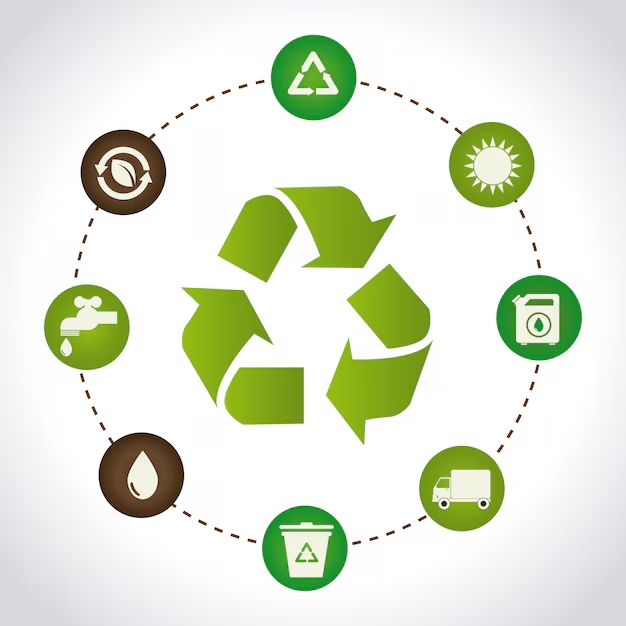Introduction: The recycling industry, especially battery recycling, has become increasingly vital as the world shifts towards sustainable energy and electric vehicles. However, the industry is facing significant safety concerns. Experts are calling for the implementation of better safety standards to protect workers and ensure that the recycling process doesn’t harm the environment.
The Importance of Battery Recycling Battery recycling plays a crucial role in reducing waste and conserving valuable materials like lithium, cobalt, and nickel. These materials are essential for creating new batteries, especially for electric vehicles and consumer electronics. The recycling process helps minimize environmental impact by reducing the need for mining these raw materials.
Safety Concerns in the Battery Recycling Industry Despite the importance of battery recycling, the industry has been facing challenges related to safety. Workers in recycling facilities are often exposed to hazardous materials such as lead, cadmium, and other toxic chemicals. Inadequate safety standards can lead to accidents, injuries, or long-term health issues for workers, making it essential for industries to adopt stricter protocols.
The Call for Improved Safety Standards Recycling industry leaders and environmental advocates have raised concerns about the lack of comprehensive safety standards in battery recycling. These concerns center on the need for:
- Stronger regulations: There is a call for governments to implement and enforce more stringent health and safety standards for battery recycling facilities.
- Better worker training: Proper training on handling hazardous materials and working with advanced machinery is critical for ensuring the safety of recycling workers.
- Investing in technology: Modernizing recycling plants with more advanced technologies can reduce manual labor and minimize exposure to harmful substances.
The Environmental and Economic Impact of Proper Safety Standards By improving safety standards, the recycling industry can see not only better worker protection but also enhanced efficiency in recycling processes. Additionally, ensuring that recycling facilities adhere to high safety standards can reduce the environmental risks associated with improper disposal of battery waste, which can otherwise contaminate soil and water.
Global Trends and Regulations Countries around the world are beginning to recognize the importance of setting safety standards for battery recycling. Some nations have already started implementing more robust regulations, and many others are likely to follow. As electric vehicle adoption grows, the demand for battery recycling will only increase, making it critical to develop sustainable and safe practices now.
Conclusion: The call for improved safety standards in the battery recycling industry is essential not only for protecting workers but also for ensuring a cleaner and more sustainable future. As demand for recycled materials continues to rise, it is crucial for industries and governments to work together to create safer and more efficient battery recycling practices. By addressing these issues today, we can set the foundation for a safer and greener tomorrow.











